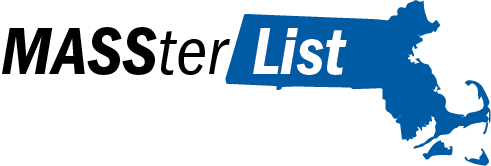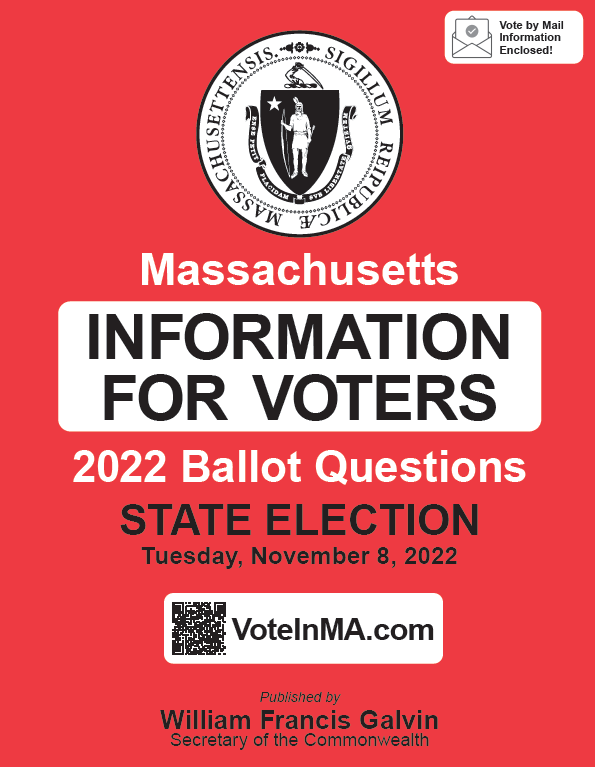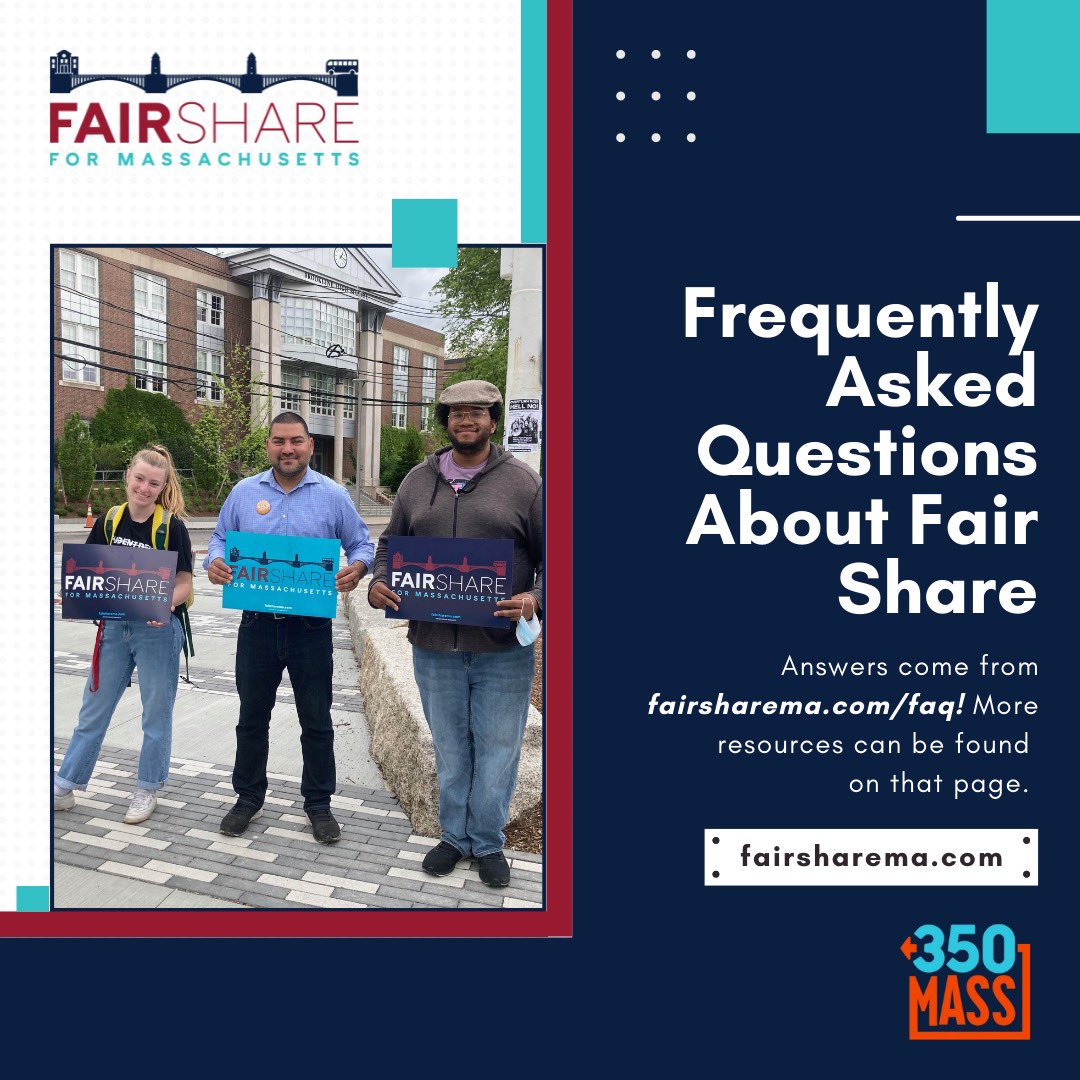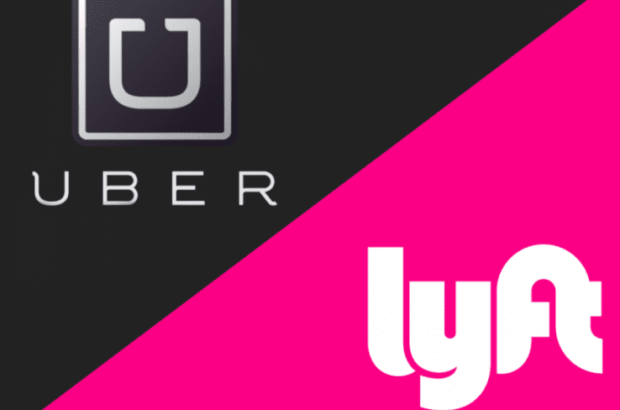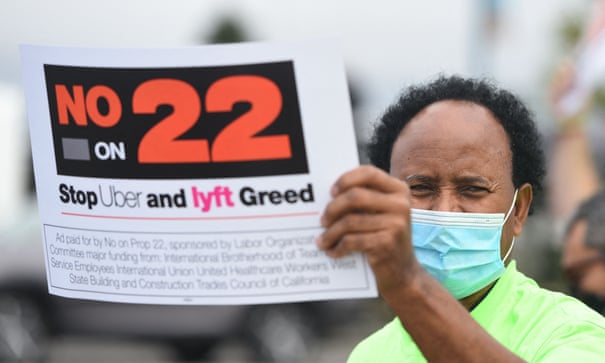"If there's a question on the November ballot that will cause voter's to sit up and scratch their head for a minute, it's probably Question 2.
Supporters of the dental insurance initiative say it is intended to wring out wasteful spending from the system by requiring at least 83 cents of every dollar collected in premiums to go toward care, and not administrative costs, taxes or profit. This is also known as a loss-ratio.
But what will it mean for consumers? A new report published this morning by Tufts University's Center for State Policy Analysis concludes that if Question 2 passes, it could cause some smaller insurers to leave the market, leaving consumers with fewer choices.
As for cost, one way insurers could try to come into compliance with the new rules would be to allow dentists to charge more for services. That would cause patients to more quickly hit their annual caps and wind up paying more out of pocket. CSPA Executive Director Evan Horowitz, however, writes in the report that "while it might inspire price increases that trickle down to consumers, the scale of these increases should be limited."
Other mechanisms insurers would have to meet the 83 percent loss-ratio would be to lower consumer premiums, cover more services or streamline their operations.
Horowitz said part of the problem in predicting the scale of the impact to the dental insurance industry is that the question has been "built on relatively thin information. It’s not clear whether dental insurers are currently close to — or far from — the proposed 83 percent requirements." Massachusetts would also be the first state in the country to impose an 83-cent loss-ratio on dental insurers.
Based on available data, CSPA finds that most large insurers probably have loss-ratios close to 80 percent, making compliance a lighter lift.
"Based on the limited information we do have, it seems likely that insurers will be able to meet the new standards with a mix of operational changes that includes somewhat increased prices for dental care," Horowitz concludes."
Shared from the MASSterList email -> https://myemail.constantcontact.com/Breaking-down-Question-2.html?soid=1107496303234&aid=472__lI5e0s
Direct link to the report -> https://cspa.tufts.edu/node/741
PDF of the report -> https://cspa.tufts.edu/sites/g/files/lrezom361/files/2022-09/cSPA_new_rules_dental_insurance.pdf
Additional coverage on this ballot question from CommonWealth Magazine

